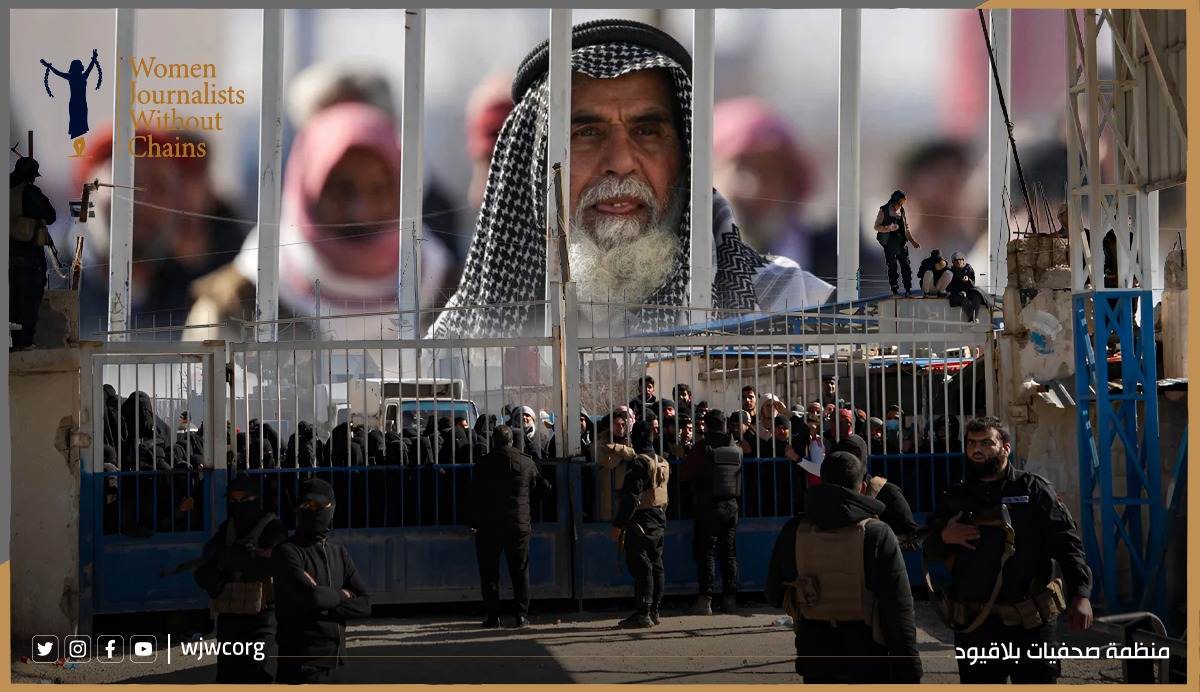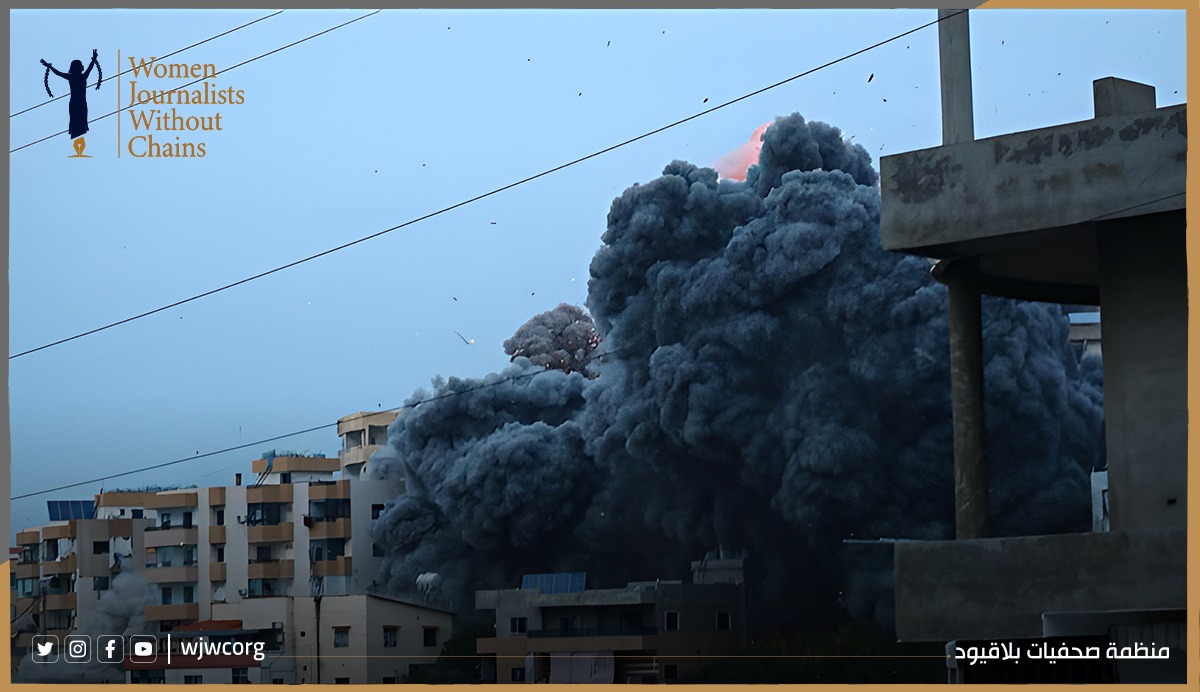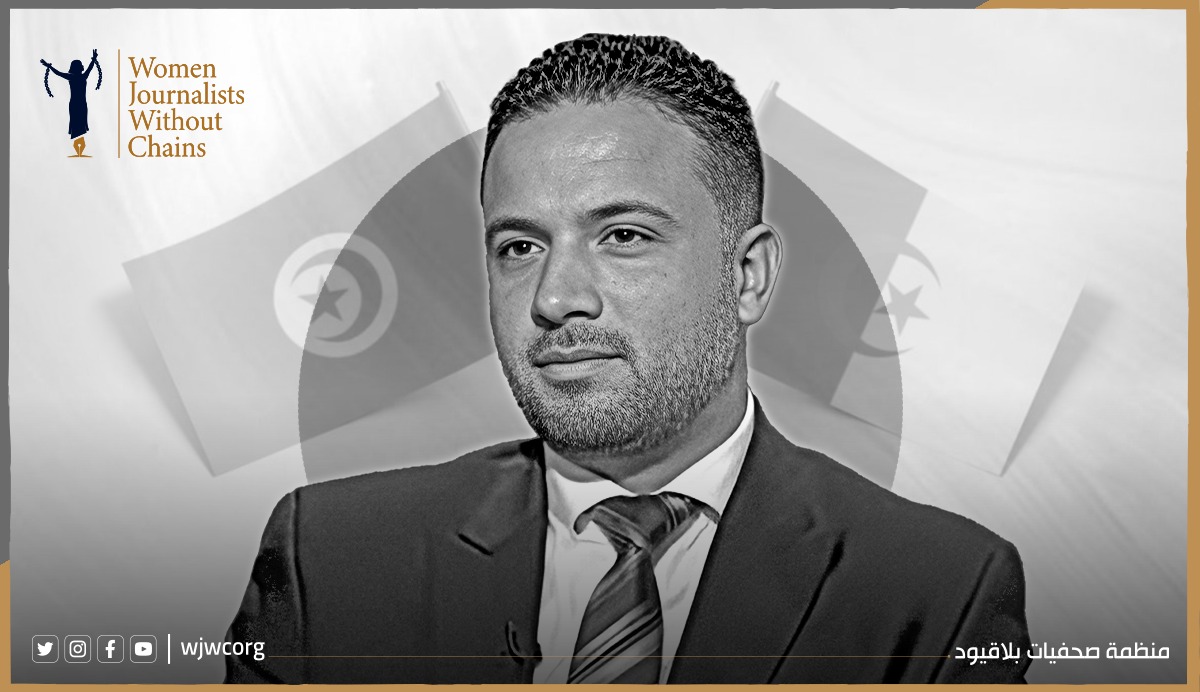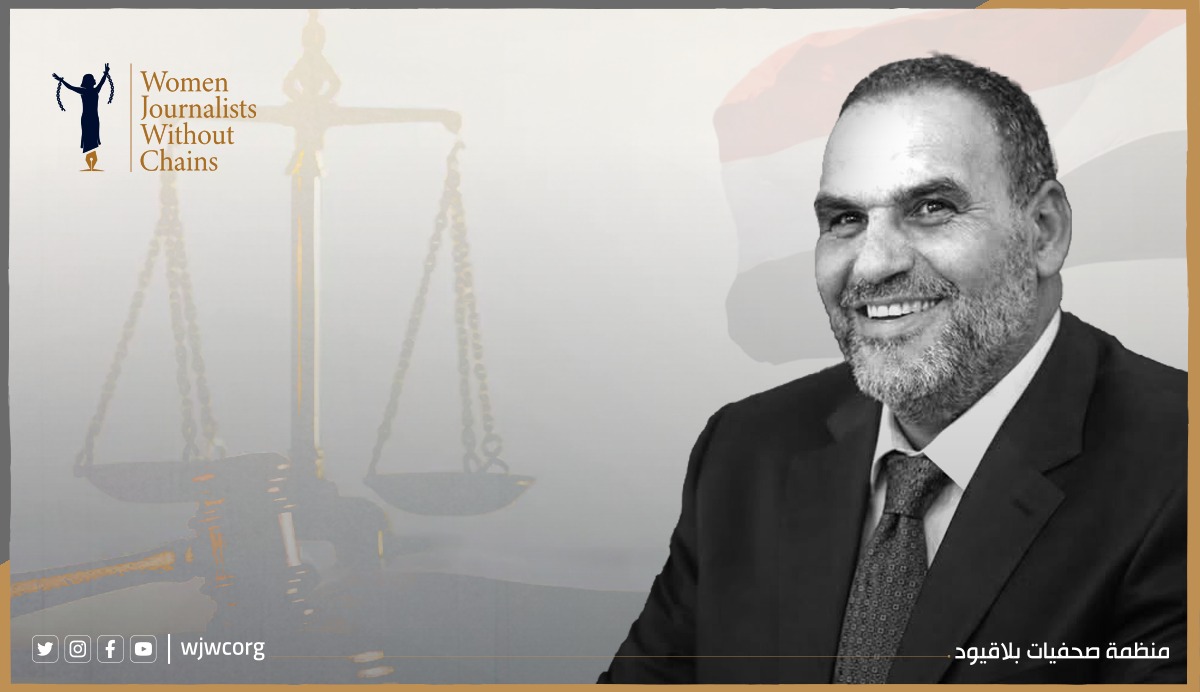On International Day Against Sexual Violence in Conflict: Demanding Justice, Ending Impunity
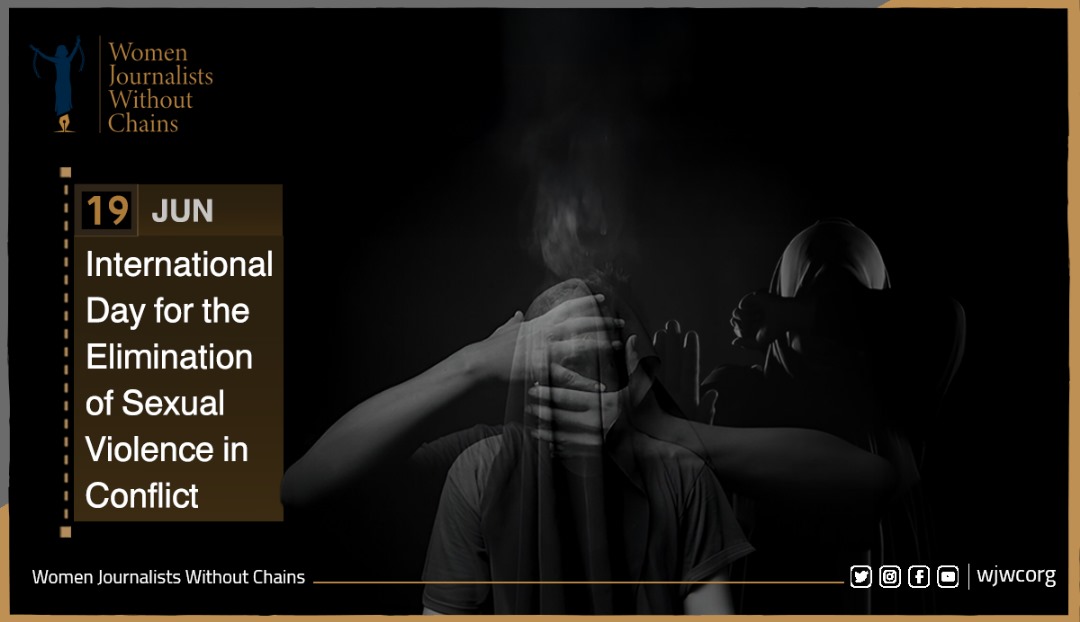
On the International Day for the Elimination of Sexual Violence in Armed Conflict, observed annually on June 19, we are reminded of the global responsibility—shared by governments, institutions,
and international organizations—to confront and eliminate one of the most egregious violations of human dignity. Sexual violence is not an incidental outcome of war; it is a weapon used to terrorize, control, and destroy. The United Nations Security Council, through Resolution 1325 (2000) and subsequent resolutions including 1820, 1888, and 2106, has recognized that such crimes pose a direct threat to international peace and security and require urgent, coordinated global action.
Despite the obligations set out in key international frameworks—including the Convention on the Elimination of All Forms of Discrimination against Women (CEDAW), the Convention on the Rights of the Child, and the Geneva Conventions—grave abuses persist. Accountability remains elusive, and survivors are often left isolated and unprotected. These agreements risk becoming hollow if they fail to guarantee justice, redress, and safety for those most vulnerable. Sexual violence in conflict is not merely a tool of personal degradation; it is a deliberate strategy to dismantle communities, fracture social cohesion, and destroy what little remains of protection systems for women and girls.
The effects of this violence endure long after the fighting ends. It leaves a legacy of trauma, obstructs recovery, distorts transitional justice processes, and undermines prospects for reconciliation. As the past two decades have made clear, sexual violence is not the product of wartime chaos—it is a calculated tactic employed by armed actors to enforce domination, suppress dissent, and carry out symbolic acts of destruction. When met with impunity, the result is devastating: societies torn apart, victims forced into silence, and cultures of normalization that sustain the cycle of abuse.
In Yemen, now entering its eleventh year of war, sexual violence is no longer exceptional. It has become systematic and recurring—particularly in areas controlled by armed groups or informal authorities. An estimated 6.3 million women and girls are at risk of gender-based violence, amid the near-total collapse of state institutions and essential protection services. Local and international organizations have documented harrowing cases, including forced virginity tests, the rape of female detainees, sexual torture, and degrading treatment in detention centers. The Houthi group has been particularly implicated, using detention as a tool to punish women activists and silence dissent. Many have been assaulted or imprisoned on vague and politically motivated charges related to peaceful expression or civic engagement.
The prolonged conflict has also driven a sharp increase in child marriage, used as a desperate coping mechanism by families facing poverty and insecurity. Over 30% of Yemeni girls are now married before the age of 18, placing them at heightened risk of sexual and domestic violence. Meanwhile, marginalized women—especially those working informally as street vendors or beggars—face daily harassment and abuse, with no access to legal protections or justice. The support infrastructure for survivors is critically weak: fewer than 5% of health facilities in the country provide clinical care for rape victims. Survivors are often silenced by stigma, shame, or fear of retaliation. In 2023, sexual violence accounted for 28% of all cases reported to the Criminal Investigation Department in Aden, while at least 30 rape cases were recorded in displacement camps alone.
Sexual violence in Yemen cannot be understood in isolation. It is rooted in the wider collapse of institutions, the failure of the justice system, and the international community’s ongoing indifference. The continuation of these crimes—and the failure to confront them—places us all before a historic and moral reckoning. The suffering of women and girls is not an acceptable cost of war. Justice is not a deferred luxury; it is a fundamental human right that must be upheld, demanded, and enforced without exception.
This crisis is not unique to Yemen. In Sudan, a December 2023 report by the United Nations Office for the Coordination of Humanitarian Affairs (OCHA) documented at least 412 cases of conflict-related sexual violence in Darfur, Khartoum, and Al Jazirah. Human Rights Watch and UNICEF reported that many of the victims were young girls, targeted amid rising sectarian and ethnic tensions. These acts went beyond abduction and rape, encompassing brutal assaults and torture. A March 2024 report by the UN Panel of Experts concluded that sexual violence in Darfur was being used as a means of collective intimidation against ethnic communities.
In Gaza, a March 2024 report by the Office of the High Commissioner for Human Rights warned that shelters—now housing over 1.7 million displaced people—lacked even the most basic protections. Overcrowding, total lack of lighting, and absence of privacy created an environment conducive to harassment, sexual exploitation, and rape. Amnesty International, through its News Documentation project, confirmed widespread harassment of girls in shelters, particularly in Rafah and Deir al-Balah, including inside schools repurposed as temporary refuges.

 En
En  Ar
Ar 